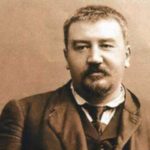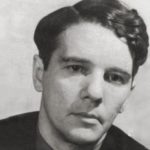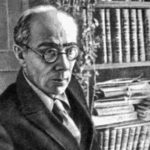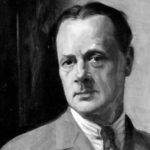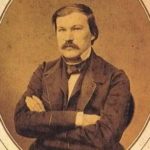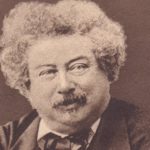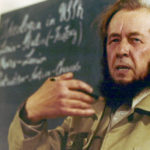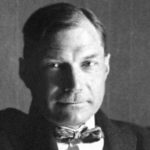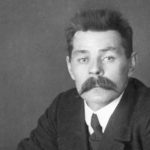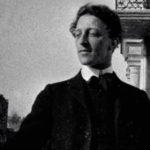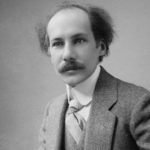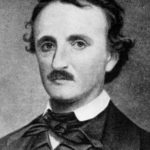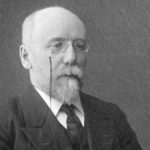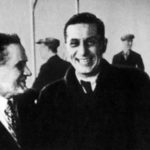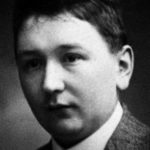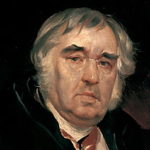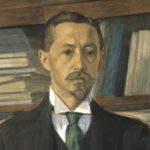Interesting facts about Alexander Green
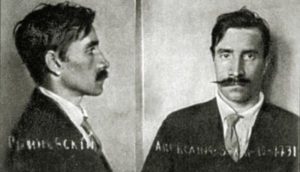 The life of the Russian and Soviet writer Alexander Green is interesting for its eventfulness. It will not be easy to call her simply – fate pretty much shook the writer, and he happened to go through the most difficult life circumstances. Nevertheless, despite all the difficulties, Green did not give up and continued to write.
The life of the Russian and Soviet writer Alexander Green is interesting for its eventfulness. It will not be easy to call her simply – fate pretty much shook the writer, and he happened to go through the most difficult life circumstances. Nevertheless, despite all the difficulties, Green did not give up and continued to write.
Green learned to read at the age of 6, and the first book he read was Gulliver’s Adventures by Swift.
Young Alexander began to live separately at the age of 14, because after the death of his mother his father soon married again, but the boy’s relationship with the newly-minted stepmother did not work out.
In the second grade, the future writer was expelled from school for writing a poem that was offensive to teachers.
Green (nee Grinevsky) worked under different pseudonyms – Malginov, Odin, Victoria Klemm, Elsa Moravskaya, Stepanov and others.
During his life, Green managed to master many different professions. He was a lumberjack, a miner, a fisherman, a railway employee and a sailor.
Green’s first two stories did not reach the readers – the copies were confiscated by the police and burned.
The writer took the pseudonym “Green”, as it was his childhood nickname. And the pseudonym “Malginov” – as he, hiding from the police, used for this alien passport to this name.
Enrolling in military service, the future writer imbued with revolutionary sentiment, and six months later deserted.
Alexander Green was repeatedly arrested for his revolutionary activities, and was eventually exiled to Arkhangelsk.
While in custody, the writer tried to escape twice, but failed.
Buduchis exiled to Tobolsk, after three for Alexander Green, he guarded the warders and fled. His wanderings following his escape later formed the basis of his book Travels in the Middle Urals.
During the Civil War, the writer fought in the ranks of the Red Army, but he was commissioned and sent to the rear after he fell ill with typhoid.
Despite his revolutionary spirit, Alexander Green did not approve of the Bolsheviks who had come to power, arguing that it was impossible to destroy one violence by another.
